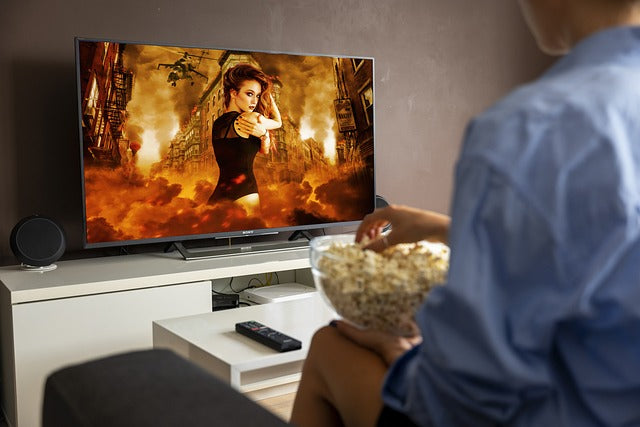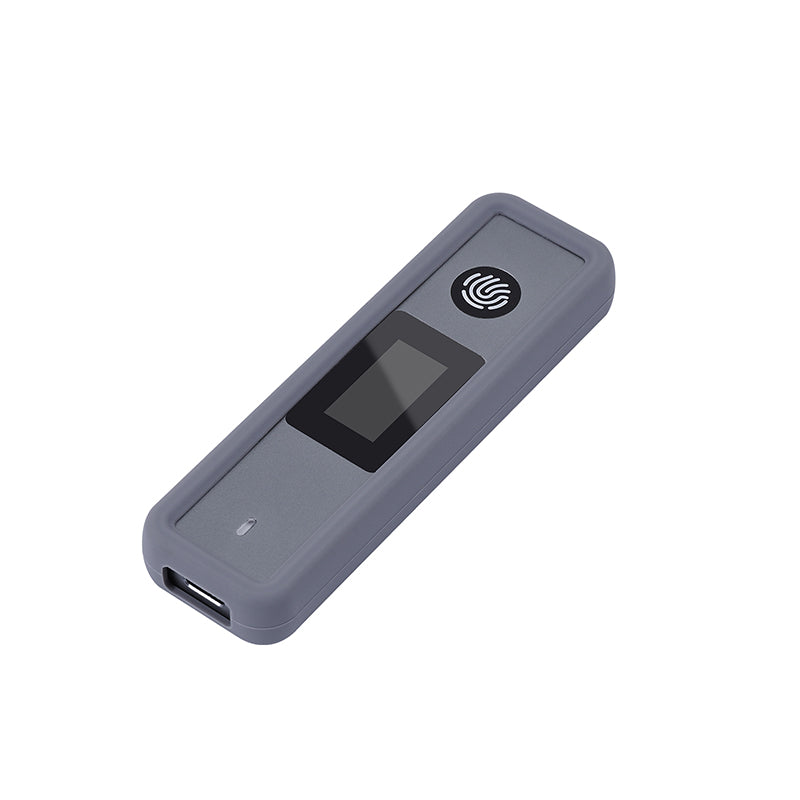
Share
Do HDMI Adapters Affect Video Quality? Myths vs. Facts (2025 Ultimate Guide)
Meta Description (150–160 characters)
“Curious if an HDMI adapter affects video quality? Discover myths vs facts, how adapters work with 4K/8K, gaming, HDR, and tips for choosing the right HDMI adapter.”
1. Introduction: Cutting Through the Noise About HDMI Adapter Quality
Whether you're hooking up a laptop to a monitor, gaming console to a TV, or handling a high-refresh-rate 4K display, the truth is: HDMI adapters do not inherently degrade video quality — if done correctly. However, many users search for answers like hdmi adapter video quality or does hdmi adapter reduce quality, especially when troubleshooting blurry images or dropped signal. In this guide, we’ll debunk myths, explain the tech, and help you pick an adapter that performs flawlessly.
2. How HDMI Adapters Work: The Tech Basics
Digital signals don’t degrade over short distances the way analog signals do. Here's what actually matters:
Digital vs. Analog: HDMI carries pure digital—so unlike analog cables, there's no signal fuzz or color distortion.
Passive vs. Active Adapters:
Passive adapters simply re-route pins.
Active adapters include conversion chips (necessary for HDMI to DisplayPort or vice versa).
HDMI Versions & Bandwidth:
HDMI 1.4 ≈ 10.2 Gbps (1080p only)
HDMI 2.0 ≈ 18 Gbps (4K 60 Hz)
HDMI 2.1 ≈ 48 Gbps (4K 120Hz, 8K 60Hz, VRR, HDR)
Visual aids suggested:
Signal flow diagram (source to display, with adapter in between)
Table comparing HDMI versions and their bandwidth/feature supports
3. Myths vs. Facts
|
Myth |
Fact |
|
HDMI adapters always degrade image quality |
Digital signal remains intact if bandwidth and compatibility align |
|
Cheap adapters perform worse |
Only if they lack proper shielding or don’t support required specs |
|
Adapters can't handle 4K or high refresh rates |
Many support 4K/120Hz or even 8K, depending on version/chip |
|
Short cables mean better quality |
No, digital doesn’t degrade with length—compatibility matters |
4. What Really Affects Video Quality
4.1 Compatibility and Bandwidth
You won't see 4K 120 Hz if your adapter or devices only support HDMI 2.0. Compatibility between source device, adapter, and display is critical.
4.2 Build Quality and Certification
A well-made adapter with High-Speed or Ultra High-Speed HDMI certification ensures robust performance.
4.3 Signal Interference or Aging Ports
Physical damage or poor connectors can cause flicker or dropouts—not the adapter's fault.
4.4 Latency in Gaming and VR
Active adapters introduce micro delays. In high-refresh gaming or VR, that can be noticeable. Search terms like hdmi adapter latency or hdmi adapter for gaming matter here.
5. HDMI Adapters for 4K, 8K, and High Refresh-Rate Displays
If you’re pushing for next-gen visuals:
1. 4K 60Hz/120Hz: HDMI 2.0 handles 4K 60Hz; HDMI 2.1 is required for 120Hz.
2. 8K Support: Only HDMI 2.1 adapters with 48 Gbps bandwidth can handle this.
3. HDR / Dolby Vision / VRR / G-Sync: Must be supported by both adapter and cables.
4. High-Refresh Monitors (144Hz, 165Hz, 240Hz): You need right version and adapter that supports these specs.
6. How to Choose the Right HDMI Adapter
Match Your Use Case:
Office: USB-C → HDMI 1080p is fine.
Gaming: HDMI 2.1 adapter required for 4K 120Hz.
Professional Video Editing: Prioritize certified, low-latency adapters.
Interface Preferences:
USB-C, Mini HDMI, HDMI → DisplayPort—choose based on your ports.
Certification & Brand:
Look for official HDMI logos (High-Speed, Ultra High-Speed).
Choose reputable brands with certifications and good reviews.
Budget vs. Reliability:
Cheap isn't always bad—but don’t risk in critical setups.
Avoid user complaints about flicker or compatibility.
Related long-tail keywords to include:
best hdmi adapter for macbook pro
hdmi adapter for ps5 4k 120hz
hdmi adapter for nintendo switch 1080p
7. Visual Tables & Comparisons (Suggested)
|
Adapter Type |
HDMI Version |
Max Resolution/Refresh |
Recommended Use |
|
Basic USB-C → HDMI (Passive) |
HDMI 1.4 |
1080p 60Hz |
Office, presentations |
|
Mid-Range USB-C → HDMI (Active) |
HDMI 2.0 |
4K 60Hz |
General use, streaming |
|
Premium USB-C → HDMI (Active) |
HDMI 2.1 |
4K 120Hz / 8K 60Hz |
Gaming, professional editing |
|
HDMI → DisplayPort (Active) |
Varies |
Depends on chip |
Dual monitors, specific setups |
Diagram suggestion: show signal flow for passive vs. active adapters plus bandwidth requirement overlays.
8. FAQs—Capturing Search Traffic
Does HDMI adapter reduce quality for gaming?
Not necessarily—but use HDMI 2.1 for high refresh rates and low latency to ensure optimal performance.
Can HDMI adapters support audio passthrough?
Yes—digital HDMI carries both audio and video, but check device support for advanced formats (e.g., Dolby Atmos).
Passive vs. Active HDMI adapter: What's the difference?
Passive adapters connect via pin alignment only; active ones include chipsets for signal conversion when needed.
Does an HDMI adapter affect HDR or Dolby Vision?
Only if the adapter doesn’t support required bandwidth or protocols—most certified HDMI 2.1 adapters will.
Do HDMI adapters work with VR headsets?
Yes, if they meet high-refresh and low-latency standards. Quality sampling is key.
9. SEO Strategy Insights: Why This Format Works
Long-tail keywords like hdmi adapter video quality and does hdmi adapter reduce quality draw highly targeted search traffic. As Backlinko notes, long-tail terms typically have lower competition and higher conversion intent.
Search Engine Land emphasizes that long-tail keywords reflect user-specific intent—ideal for capturing relevant queries.
A proper content structure with H2/H3 headings, visuals, FAQ sections, and topic clustering helps rank for both featured snippets and broader SERP features.
10. Conclusion: Final Thoughts & Next Steps
Bottom line: A quality HDMI adapter—especially one that’s certified and matched to your setup—does not harm video quality. Problems usually stem from mismatched specs or device incompatibility.
Pro Tips:
Always match HDMI version and bandwidth to your needs.
Prefer certified adapters, especially for 4K 120Hz or 8K setups.
Use visual aids and clear tables to guide users quickly.
Internal linking:
HDMI Adapter Buying Guide
How to Connect Multiple Monitors Using HDMI Adapters
External references:
HDMI Forum and industry certification standards.

